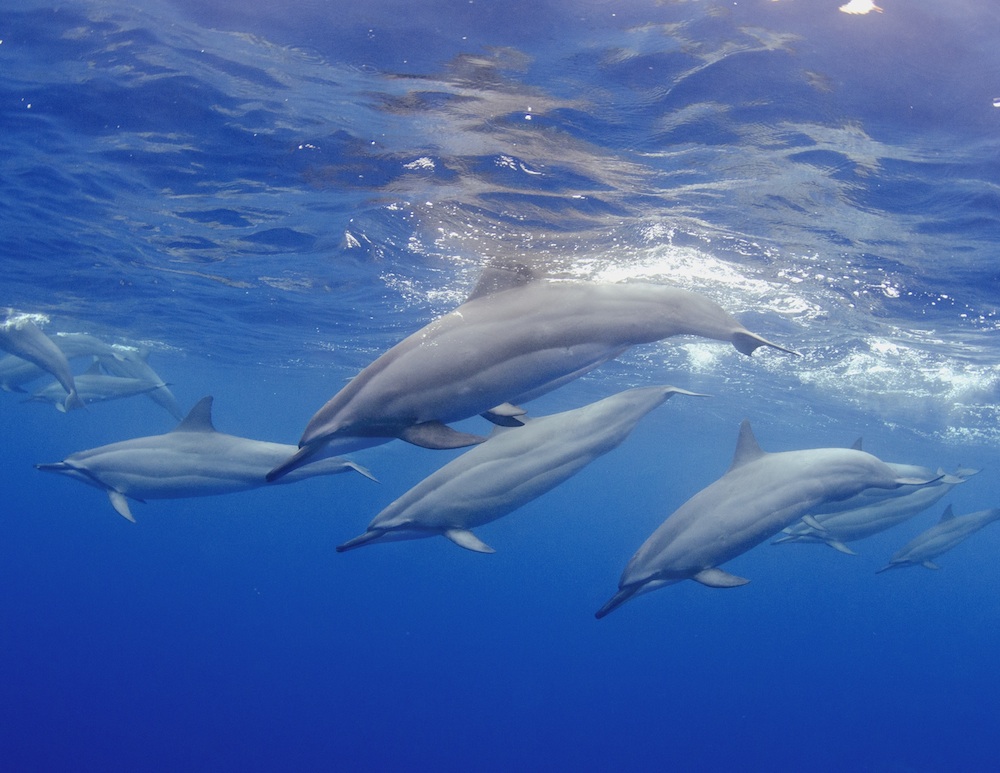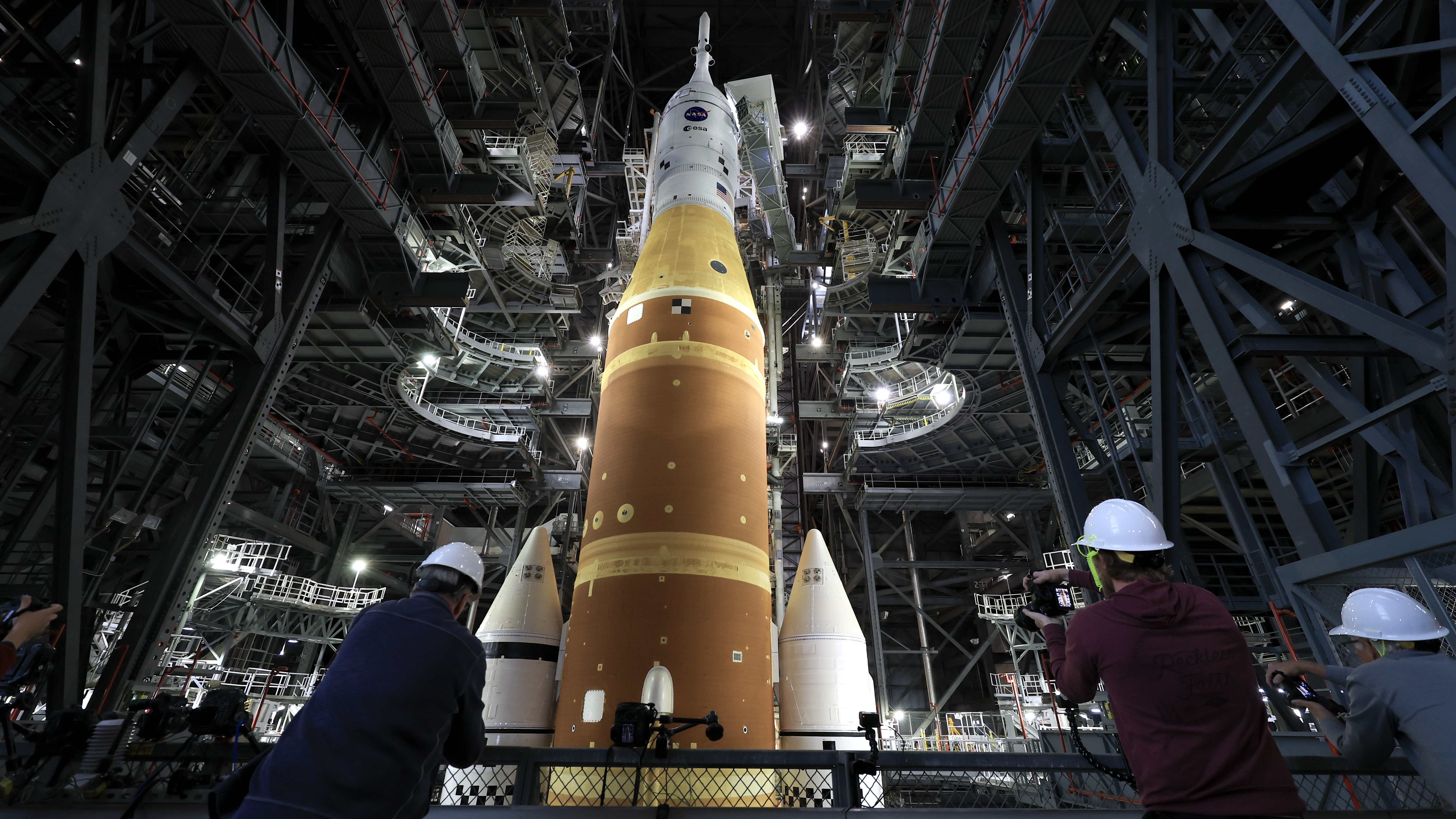
Get the world’s most fascinating discoveries delivered straight to your inbox.
You are now subscribed
Your newsletter sign-up was successful
Want to add more newsletters?

Delivered Daily
Daily Newsletter
Sign up for the latest discoveries, groundbreaking research and fascinating breakthroughs that impact you and the wider world direct to your inbox.

Once a week
Life's Little Mysteries
Feed your curiosity with an exclusive mystery every week, solved with science and delivered direct to your inbox before it's seen anywhere else.

Once a week
How It Works
Sign up to our free science & technology newsletter for your weekly fix of fascinating articles, quick quizzes, amazing images, and more

Delivered daily
Space.com Newsletter
Breaking space news, the latest updates on rocket launches, skywatching events and more!

Once a month
Watch This Space
Sign up to our monthly entertainment newsletter to keep up with all our coverage of the latest sci-fi and space movies, tv shows, games and books.

Once a week
Night Sky This Week
Discover this week's must-see night sky events, moon phases, and stunning astrophotos. Sign up for our skywatching newsletter and explore the universe with us!
Join the club
Get full access to premium articles, exclusive features and a growing list of member rewards.
Just like people, dolphins remember old friends for decades, new research suggests.
After a 20-year separation, dolphins in the study recognized the identifying whistles of other animals that were once housed with them, according to a new study published today (Aug. 6) in the journal Proceedings of the Royal Society B.
The findings imply that long-term memory might be much more widespread than thought in the animal kingdom, at least among socially complex species, said study co-author Jason Bruck, an animal behavior scientist at the University of Chicago.
Until recently, scientists believed that very few, if any animals other than humans had long-term memories. A few studies have suggested that monkeys have memories that last at least four years, and anecdotal reports suggest elephants may remember their kin for up to 10 years.
In captivity, dolphins reunited with long-lost buddies seem to pick up where they left off. But scientists wondered whether dolphins actually remember each other, or whether something else motivated this behavior. [Deep Divers: A Gallery of Dolphins]
Animal memory
But there's a scientific way to test dolphin memory: Each dolphin develops an individual whistle, and these whistles serve as dolphin names that close friends can learn. And unlike appearance, which changes as dolphins age, the signature whistle remains constant over a dolphin's lifespan.
Get the world’s most fascinating discoveries delivered straight to your inbox.
To see how long dolphin memory lasts, Bruck and his colleagues spent five years collecting recordings of the whistles of bottlenose dolphins at six institutions: Brookfield Zoo near Chicago, the Indianapolis Zoo, the Minnesota Zoo, Dolphin Quest: Bermuda, the Texas State Aquarium and The Seas at Walt Disney World in Florida.
The dolphins were frequently traded between sites, and the institutions keep meticulous records, so Bruck's team was able to recreate a social network for the dolphins.
The researchers then went to each of these locales and played about 1,200 recordings of signature whistles to 43 dolphins. Some of the whistles were from stranger dolphins, while others were from dolphins they had once known, but now lived elsewhere.
Dolphins ignored whistles from unknown animals. But they stopped, came up to the speakers and even occasionally called back when they heard the whistles of their old acquaintances.
The findings suggest the dolphins remembered their chums for decades, the researchers said. One dolphin hadn't seen another for 20 years, yet still recognized his long-lost acquaintance's call.
Long time, no see
Dolphins might have even longer memories, but that was the longest separation in the study, Bruck said.
"I was just blown away," Bruck told LiveScience.
But dolphins may not be the only animals with such long-term memory, said Janet Mann, a biologist at Georgetown University in Washington, D.C., who was not involved in the study.
Parrots, whales, elephants, great apes and other species where animals leave or return to a social group over long-periods may also have long-term memory, Mann told LiveScience.
The new study also suggests the cognitive requirements of social networks led to the evolution of higher cognition in many animal species, Bruck said.
Most scientists now believe that animals such as humans and primates evolved higher thinking abilities in order to better trick and manipulate one another, but dolphins don't regularly use deceit, Bruck added.
"So we need another explanation for where the complex cognitions in these animals comes from," Bruck said.
Follow Tia Ghose on Twitterand Google+. Follow LiveScience @livescience, Facebook & Google+. Original article on LiveScience.com.

Tia is the editor-in-chief (premium) and was formerly managing editor and senior writer for Live Science. Her work has appeared in Scientific American, Wired.com, Science News and other outlets. She holds a master's degree in bioengineering from the University of Washington, a graduate certificate in science writing from UC Santa Cruz and a bachelor's degree in mechanical engineering from the University of Texas at Austin. Tia was part of a team at the Milwaukee Journal Sentinel that published the Empty Cradles series on preterm births, which won multiple awards, including the 2012 Casey Medal for Meritorious Journalism.
 Live Science Plus
Live Science Plus





